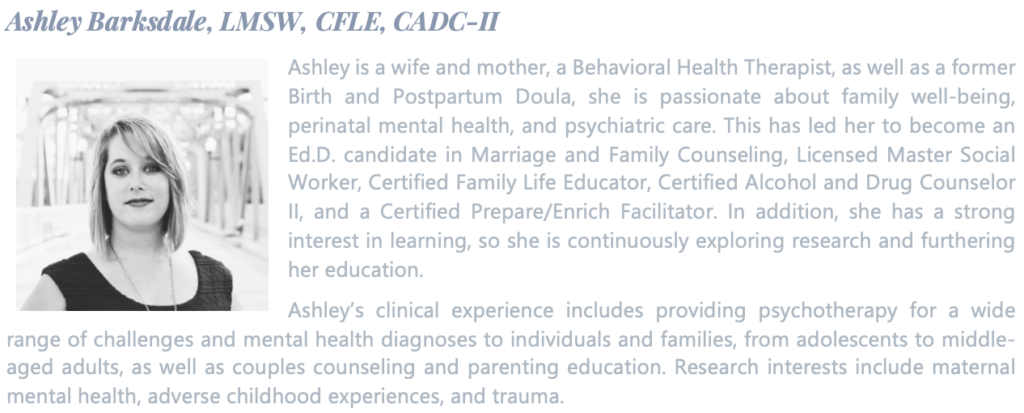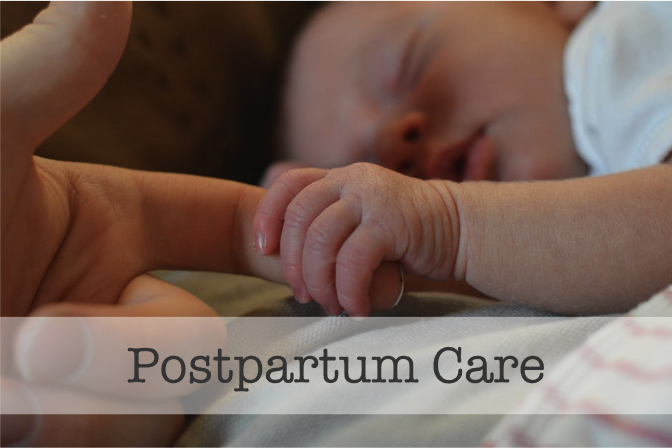Postpartum Support covers everything from newborn care, light housekeeping, breastfeeding support, meal prep, and more! The mother’s and newborn’s care is a top priority!
Basic Postpartum Services offered:
Postpartum Doulas offer many different services but below is a list of the most common:
- Breastfeeding Education/Latch & Positioning Help
- Understanding Baby Cues
- Diapering and Baby Care
- Light Housekeeping (dishes, sweeping, etc)
- Errands
- Resources & Referrals (massage, acupuncture, support groups, pediatric chiropractors, etc.)
- Non-judgmental support for family
- Organize the home and nursery
- Take care of the baby’s laundry
- Screen for postpartum mood disorders
- Sleeping solutions and how to get enough sleep in the first weeks
- Assist the family by organizing offers of help from friends and extended family to create a structured flow of help
- Care for the baby when parents want to shower, nap, or spend some special time with the older child(ren)
- Hands-on education for infant and mama care
- Prepare pump supplies or bottles
- Baby-wearing assistance, education, and demonstrations
- Caring for Mama as she recovers from birth
- Processing the birth experience
- Soothing Baby
- & More!
To find a doula in your area, visit DoulaMatch.net or Google “postpartum doula” for your area.

